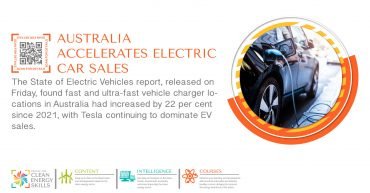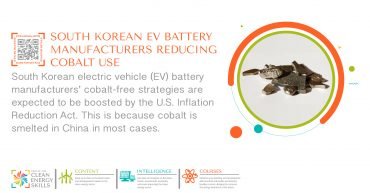Lithium and battery producers warned the European Union that a proposal to classify the metal as a reproductive toxin could severely hurt Europe’s burgeoning electric-vehicle industry. The material is a key part of EV batteries and widely used in pharmaceuticals, industrial lubricants and specialty glasses. A proposal being considered by the European Commission this month would put some lithium chemicals in the highest category of reproductive and developmental toxins, based partly on human studies carried out in the 1980s and 1990s.
In recent years, EV startups have opted for the simple route of going public via SPAC. However, following a series of occurrences involving corporations that went public in this manner. There are discussions underway regarding how to alter the regulations. The US Securities and Exchange Commission will disclose the results on Tuesday. The proposed SPAC recommendations will be considered and assessed. If accepted, the road to entrance for EV firms will be more difficult and time-consuming.
Last Wednesday, the Tesla Supercharging network became Europe’s largest 150kW+ EV charging network, and one entrepreneurial classic automobile conversion company has jumped at the chance to test it out.









